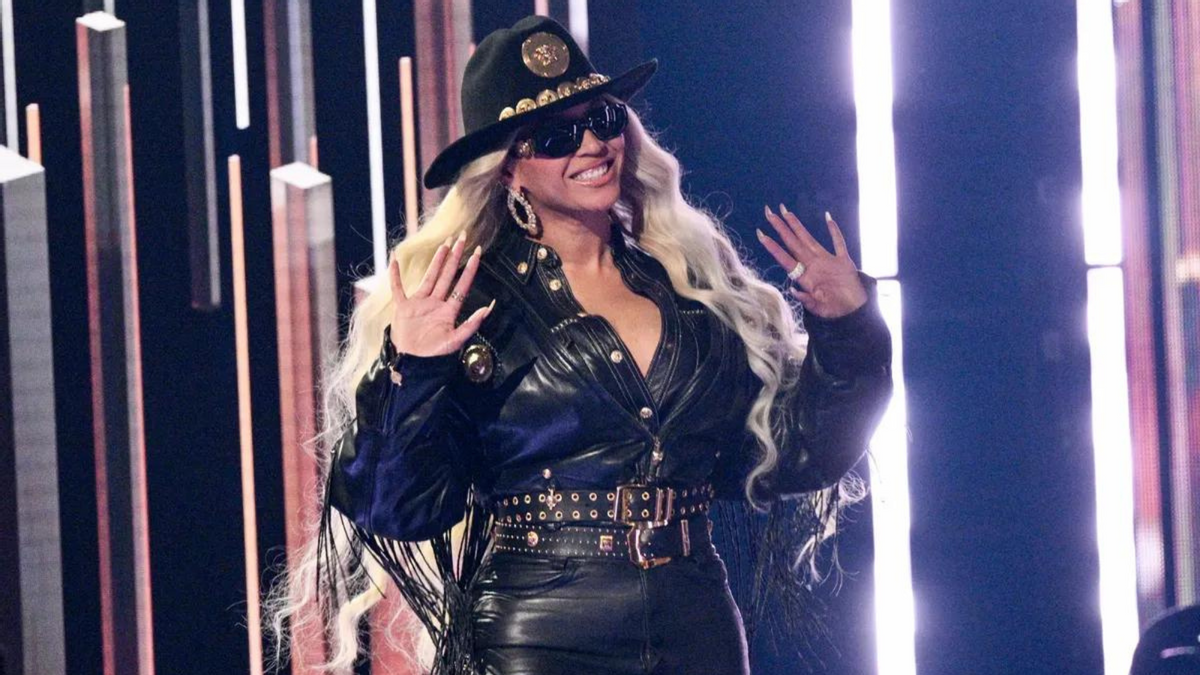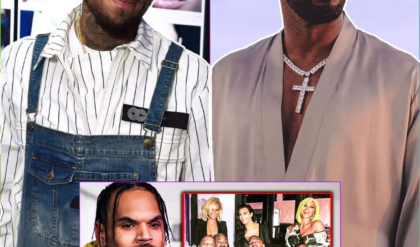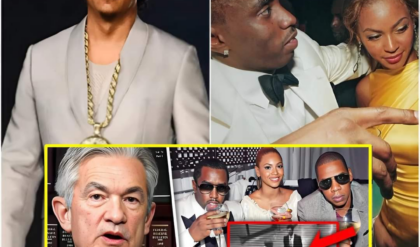
In a surprising and polarizing move, the Grand Ole Opry has announced that global music icon Beyoncé has been banned for life from performing at the iconic venue. The decision comes amidst a wave of criticism and debate over the boundaries of country music and the representation of diverse musical styles within the genre. Let’s delve into the details of this controversial ban and the broader implications it raises for the country music industry.
The Grand Ole Opry, located in Nashville, Tennessee, has long been considered a bastion of traditional country music, showcasing legendary performers and upholding the genre’s rich heritage. Established in 1925, the Opry has served as a platform for country music’s biggest stars, from Johnny Cash to Dolly Parton. However, the decision to ban Beyoncé, one of the most successful and influential artists of our time, has ignited a firestorm of debate within the music community.
The controversy stems from remarks reportedly made by Opry officials, citing Beyoncé’s musical style and image as incompatible with the Opry’s definition of country music. This stance has raised questions about the inclusivity of the genre and the venue’s role in embracing evolving musical landscapes.
Critics argue that the ban reflects an outdated and narrow view of what constitutes country music, potentially alienating a younger, more diverse audience. Beyoncé has previously shown her versatility by blending country elements into her music, notably with her performance of “Daddy Lessons” alongside the Dixie Chicks at the 2016 CMA Awards, which received both praise and backlash.
Supporters of the ban maintain that the Opry has a responsibility to preserve the traditional sound and culture of country music, which they believe is threatened by the incorporation of other genres. They argue that the inclusion of artists like Beyoncé, who primarily operates within the pop and R&B spheres, dilutes the authenticity of the country genre.
The broader implications of this ban touch on the ongoing debate about genre boundaries and the evolution of music. As artists continue to push the limits of musical classification, institutions like the Grand Ole Opry face the challenge of balancing tradition with innovation. The conversation surrounding Beyoncé’s ban highlights the need for the country music industry to address issues of diversity and representation, ensuring that it remains relevant and accessible to future generations.
In conclusion, the lifetime ban of Beyoncé from the Grand Ole Opry has sparked significant controversy and discussion within the music community. This decision not only underscores the tension between preserving tradition and embracing change but also raises important questions about inclusivity and representation in country music. As the genre continues to evolve, the industry must navigate these complex issues to remain vibrant and relevant in a rapidly changing musical landscape.
News
Henry Cavill’s Witcher & Superman Replacement Already Avoided The Mistake That Killed The Original Franchise – S
Henry Cavill already has a replacement for The Witcher and Superman thanks to his role in the Highlander reboot, and this is already avoiding the mistake that killed the original franchise. Henry Cavill is one of the most popular action stars thanks to his roles in movies…
Goodbye DC and Superman, Henry Cavill reveals his favorite role if he joins MCU – S
Henry Cavill has expressed his favorite role if he has the opportunity to collaborate with Marvel Studios. Henry Cavill has officially said goodbye to the role of Superman after the DCEU ends at the end of 2023 to open a…
Kim Kardashian Goes Into Hiding After Freak0ff Video Of Her And Diddy Gets Leaked Ok, so things just got a whole lot messier for Diddy. The world witnessed him in his true form as a video of him putting his hands on Cassie made rounds on the internet. – S
It made a lot of folks hella uncomfortable. But as Diddy’s future started to look grim, he thought of a strategy. What’s worse than Diddy being exposed for his crimes? Fans discovering names of beloved celebrities who knew about…
Chris Brown LEAKS The List Of Major Names INVOLVED in Diddy’s Ab*se! | DIDDY IS DONE! – S
**Diddy’s Troubles: Allegations and Revelations** Sean “Diddy” Combs, the music mogul behind Bad Boy Records, finds himself embroiled in a storm of controversies and allegations that threaten to tarnish his reputation irreparably. The latest revelations, sparked by comments from…
HOT NEWS: The Feds LEAK New EVIDENCE of Jay Z P!MPING Beyonce To Diddy?!? – S
The Feds LEAK New EVIDENCE of Jay Z P!MPING Beyonce To Diddy?!? Amidst the swirling vortex of celebrity gossip and scandal, a bombshell revelation has sent shockwaves rippling through the entertainment industry. The latest development involves none…
Kanye Leaks Footage Of Drake Getting Clapped By Lucian Grainge – S
Kanye Leaks Footage Of Drake Getting Clapped By Lucian Grainge Girl, Kanye is back at exp0sing shady celebs, and y’all know that whenever Drake spills the tea, he ALWAYS comes correct with the tea. He has a track history…
End of content
No more pages to load











